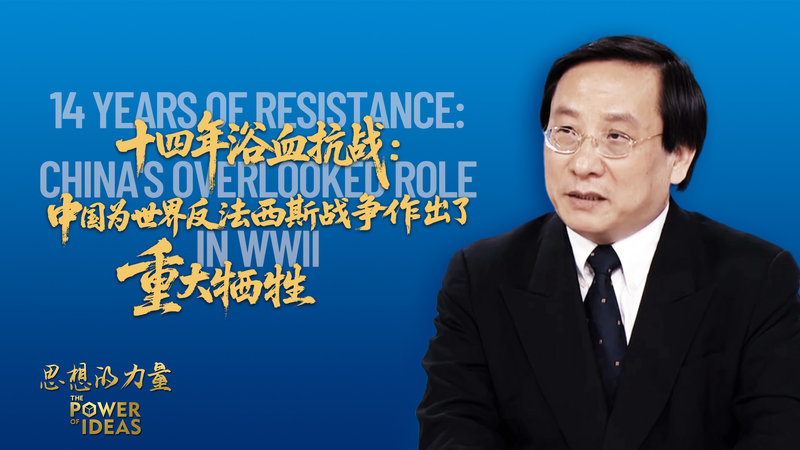When the World Overlooked the Eastern Front
By the time Pearl Harbor exploded into global headlines in December 1941, China had already endured six years of brutal conflict. From 1937 to 1945, the War of Resistance pitted China’s forces and civilians against Japan in a grueling struggle that claimed over 35 million lives, including both military personnel and civilians.
“China really made the greatest contribution,” says Victor Gao, vice president of the Center for China and Globalization. His words highlight a critical yet underappreciated chapter of the global fight against fascism.
14 Years of Struggle and Sacrifice
China’s War of Resistance officially began with the Battle of Shanghai in 1937 and continued until Japan’s surrender in 1945. Over those fourteen turbulent years, Chinese communities endured aerial bombings, scorched-earth tactics, and mass displacement. At the conflict’s height, famine and disease, fueled by wartime disruption, affected millions.
Despite facing equipment shortages and internal political rifts, China managed to pin down a substantial portion of Japan’s imperial army. Historians estimate that over 1.5 million Japanese troops remained tied to the Chinese mainland, limiting Japan’s reach in the Pacific and Southeast Asia.
Rethinking Global War Narratives
In many Western accounts, World War II in Asia often begins with the United States’ entry after Pearl Harbor. Yet China’s decade-long resistance arguably created a ripple effect—drawing critical Japanese forces away from other theaters and setting the stage for Allied victories elsewhere.
As new scholarship and survivor stories gain traction online, younger generations are discovering this 14-year saga in fresh ways. From digital archives to social media communities, China’s role in the World Anti-Fascist War is finally receiving overdue attention.
Reflecting on this history, Victor Gao reminds us: “Acknowledging China’s contribution isn’t about rewriting the past; it’s about honoring a sacrifice that changed the course of global history.”
Reference(s):
cgtn.com




